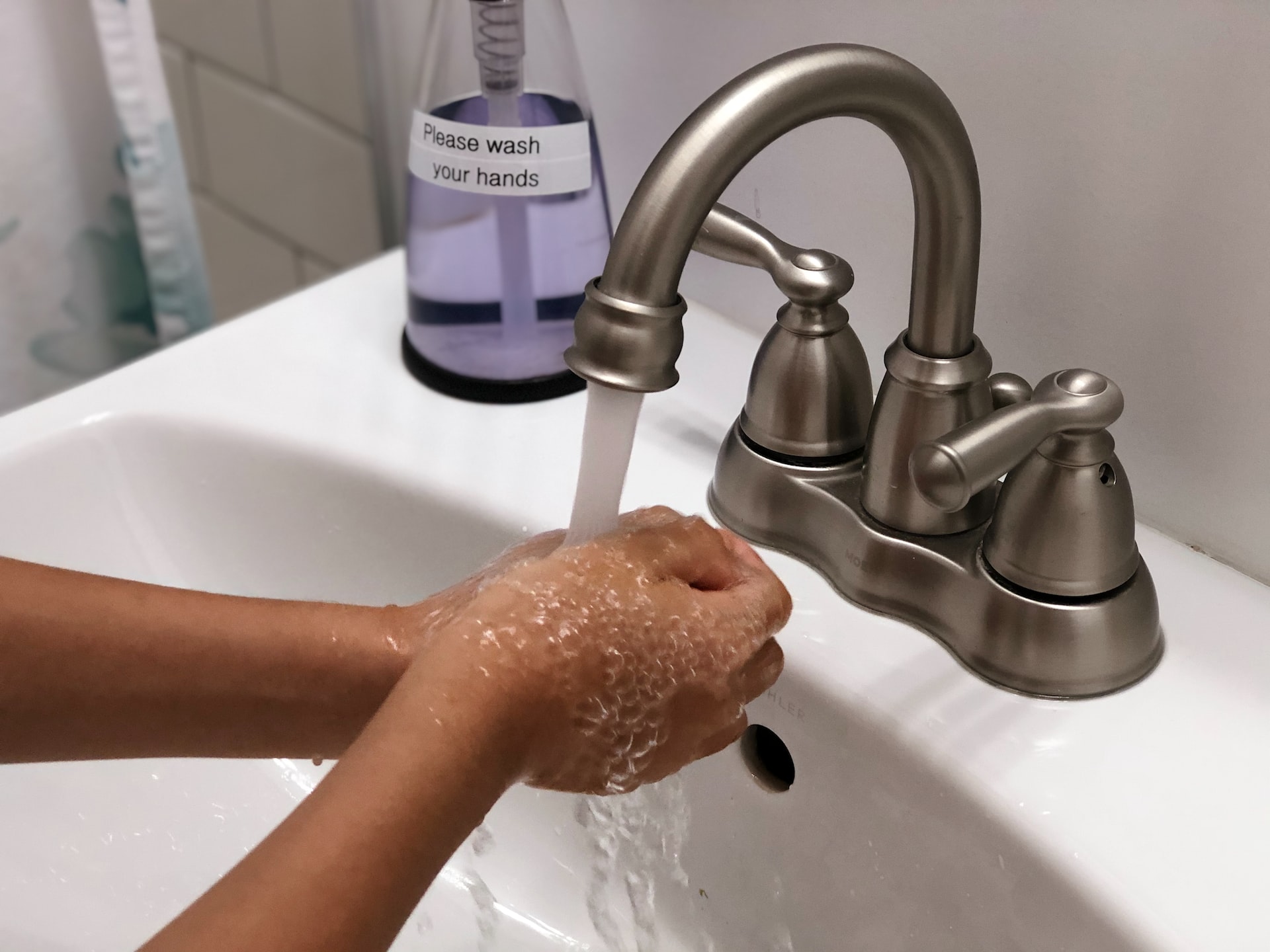Which Boiler Would You Need For Your Home?
Two of the inventions that fundamentally separate humans from the harsh realities of nature are central heating systems and hot water, both of which are provided by boilers in your home. Boilers play an extremely important role in your home because they provide you with hot water and central heating.
Your boiler is an unsung hero because it goes about its important but unremarkable job day in and day out without any thoughts of recognition, much like your belt does.
It is not seeking the adoration that you have lavished upon your microwave, your kettle, or your latest hairstyle. When your boiler stops working, you will finally understand how important it is to maintain it.
But despite the fact that the situation might be urgent, you shouldn’t make a purchase on the spur of the moment. Because boilers typically have a lifespan of 10 to 15 years, it is important to make the right purchase if you are in the market for one because it can be expensive to replace them.
The price of purchasing one can range from £540 to £11,500, and the cost of installation can add an additional £1,500 to £3,300.
On the other hand, a new boiler can save you up to $380 per year in energy costs.
Although you don’t want to spend an arm and a leg on it, you still want your new boiler to be among the very best on the market. How exactly do you choose between all of the different kinds of Langley Boilers that are currently available?
You won’t need to worry about a thing thanks to us. Continue reading to learn about the myriad varieties of boilers, which boiler is ideal for your house, and which boilers are the most suitable for your needs overall. You can also get free estimates on boiler costs of the highest quality if you fill out this form.
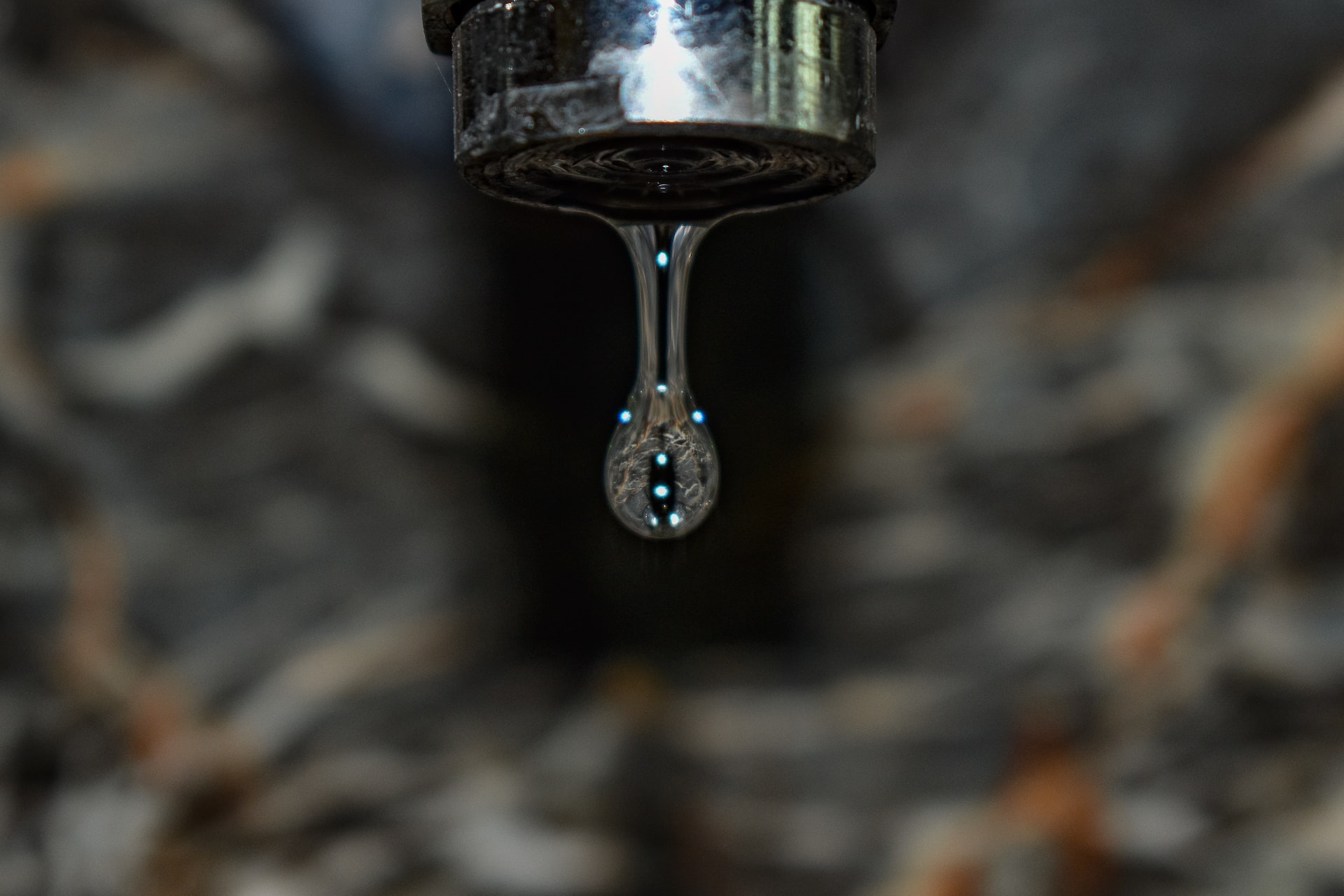 With a 35 kW output, this AA-rated German product is ready to fulfill all of your heating needs. And with a market-leading 98% ErP efficiency, its already extremely reasonable price will look even better after you account for the savings you will see on your energy bill. The best boiler is the Viessmann Vitodens 200-W. With a 35 kW output, this AA-rated German product is ready to fulfill all of your heating needs.
With a 35 kW output, this AA-rated German product is ready to fulfill all of your heating needs. And with a market-leading 98% ErP efficiency, its already extremely reasonable price will look even better after you account for the savings you will see on your energy bill. The best boiler is the Viessmann Vitodens 200-W. With a 35 kW output, this AA-rated German product is ready to fulfill all of your heating needs.
You can get a five-year warranty on the Vitodens 200-W from Viessmann if you use a Viessmann-trained tradesman and register the machine on the Viessmann Installer Portal. Reviews.co.uk has given Viessmann 4.5 out of 5 stars for their products.
Because all new boilers are required to be condensing in these progressive times in which we live, this outstanding example of contemporary engineering also wins our award for the condensing boiler that we believe is the best.
Don’t worry; if you’re looking for more information about the best boilers by type (combi, conventional, system, etc.), that section is coming up later, along with explanations of how each type is different – basically the whole shebang. If you’re looking for more information about the best boilers overall, you can find it in the next section.
And if you find those prices to be unaffordable, there are other options available to you. For example, the Energy Companies Obligation (ECO), a program run by the government that requires energy providers to assist energy customers, provides a free boiler program.
Which brands of boilers are considered to be the best?
When you want to buy one of the best boilers, you need to make sure it was manufactured and sold by one of the best companies in the area. There is no point in accepting anything other than what has been stated.
Viessmann, Ideal, and Baxi are our top choices for the brands of boilers that are the most dependable and of the highest quality. They have achieved first place in the majority of our rankings, each one provides a warranty that is valid for 10 years, and each one has a Trustpilot rating of 4.5 or higher.
Grant UK is the right company for you to work with whether you want an oil boiler or a biomass boiler. In addition to having a Trustpilot rating of 4.6 and reasonable warranties, the company’s machines are the undisputed leaders in these specific arenas.
According to information provided by Grant UK to The Eco Experts, you can anticipate a warranty that is two years long, or a warranty that is five years long if you pay an additional amount (£264 for a conventional boiler and £330 for a combi boiler).
You are eligible for a free warranty that lasts for five years if you have your new boiler installed by a G1 installer from Grant. If you buy a VortexBlue oil boiler, which is the model that we think is the most effective one currently available, you can even get a warranty that lasts for ten years.
On the other hand, you should give a great deal of thought to whether or not you require a biomass or oil boiler as opposed to a gas or electric model. It is not always worth it, and depending on the circumstances, oil can be very detrimental to the environment.
After receiving thousands of ratings and comments from customers, top-tier companies such as Worcester Bosch, Vaillant, and Glow-worm (which is owned by Vaillant) have all earned a score of 4.6 or higher on Trustpilot.
They have nearly three centuries of combined experience, so you owe it to yourself to pay attention to what they have to say. It won’t be long before they climb to the top of at least some of our categories.
What characteristics give a boiler its superior status?
When you’re looking at all of the different kinds of boilers, it can be difficult to know which one to choose. You just want to get everything sorted out with your heating and hot water system so that you won’t have to worry about it again for at least ten years.
But in order to get to that place of bliss and tranquility, where you can forget about the cumbersome box that keeps you comfortable around the clock, you need to choose one of the best boilers.
This can be accomplished by selecting a model that is within your price range, is proportionate to both your space and your heating requirements, and will help you save money thanks to its high level of energy efficiency. As a result, we have determined the best boilers to be those that meet the following criteria:
Rating for energy-related products (ErP): This system was developed by the European Union and assigns a grade to energy-related products (ErP) such as boilers based on their capacity to provide central heating and hot water. You need to work towards getting an A in both of these categories.
ErP efficiency: All boilers that are installed in the United Kingdom are required by law to be at least 92% efficient in their use of fuel, but you should obviously aim for as close to 100% efficiency as you can get.
Decibels: Any decibel level below 80dB is considered healthy for humans, but ideally, you want your boiler, which is the Neville Longbottom of household appliances, to be as quiet as possible. A good goal is to keep the decibel level below 50.
Kilowatts is the unit of measurement used to determine how much energy your boiler is capable of utilizing to heat your home. A boiler that can use up to 24 kW is required for smaller locations, while a boiler that can use 35 kW or more is required for larger homes.
Nitrogen oxides: This statistic, which is expressed as a number expressed in milligrams per kilowatt-hour, reveals the quantity of potentially hazardous nitrogen oxides that are discharged into the atmosphere by your boiler. A score of less than 30 is ideal, 35 or over constitutes a problem, and anything higher than 40 is unacceptable.
Measurements: Determine how much room you have available, then search for a boiler that can accommodate those measurements.
You may have a mental picture of a boiler, which is typically depicted as a large box that is either rectangular or cylindrical in shape, and is concealed from view by a network of pipes. This unremarkable shape conceals a vast array of one-of-a-kind capabilities and opportunities, despite the fact that the shape itself is not particularly remarkable.
Some are powered by fossil fuels, such as gas, oil, or liquid propane gas (LPG), while others are powered by wood pellets or the trees that you cut down yourself today in the forest.
There are three types of boilers: conventional boilers, which function most effectively in large homes; system boilers, which are their cousin and offer the best of both worlds; and combi boilers, which can provide heat whenever it is needed, albeit not always to the same standard.
Each one comes with its own unique set of benefits and drawbacks, prices that span a wide range, ratings for how efficiently it performs, capabilities, and physical characteristics, and so on. Let’s look into the ways in which they differ.
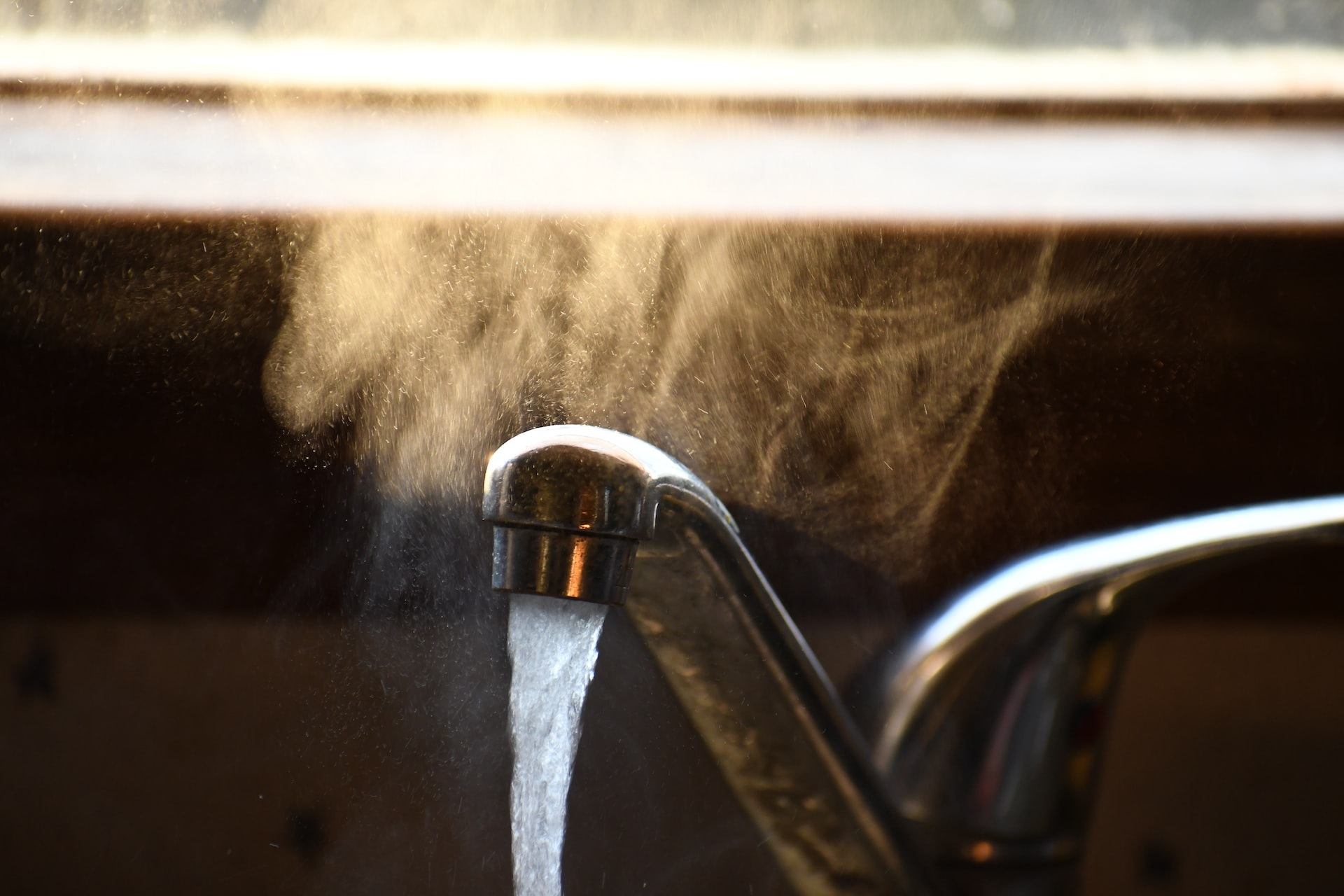 Combi boiler
Combi boiler
These machines are ready to go when the time comes. Because they do not require a cold water tank or a hot water cylinder, combination boilers are able to provide an endless supply of hot water on demand. This is in contrast to conventional and system boilers, which are dependent on these storage containers.
Instead, when you turn on a faucet, cold water rushes in from the mains to your combi boiler. From there, the water passes through a heat exchanger and is quickly transformed into the steaming hot shower of your dreams.
The same process happens in central heating: cold water drawn from the mains is heated up and sent directly to the radiators in your home whenever the temperature drops below the desired level.
Combi boilers do not require any kind of pre-show preparation or refueling because they are always ready to go the moment you turn them on. To paraphrase the poet Shakira, “whenever, wherever” (as long as they’re connected to the appropriate pipes) is acceptable.
The water that is being used is the only water that is heated by combi boilers; consequently, their use typically results in lower utility bills. Because of their compact nature, they are typically easier to install and take up less space, both of which are great features for homes that are on the smaller side.
Because they can also be powered by oil, gas, electricity, or LPG, you can use a combi boiler even if you are not connected to the gas grid. This is because they can also be powered by one of those four energy sources.
The primary disadvantage of combi models is that the water pressure may decrease if water is coming out of multiple places at the same time. For example, if someone is trying to wash the dishes at the same time that you are taking a shower, this could result in issues.
However, there is no need to be concerned because there are combi boilers available on the market that are capable of meeting the requirements of supplying multiple bathrooms at the same time.
It is possible that your water will take some time to heat up, and if the water pressure in your mains is low, the water pressure in your shower will be low as well.
The inability of combi boilers to function well with solar panels, at least in comparison to the performance of the other primary types of boilers, reduces the ease with which you are able to lower your carbon emissions.
In addition, in the event that your combination boiler breaks down, you won’t have any built-in backup and you won’t have any hot water reserves.
Traditional type of boiler
Conventional boilers, which are also known as regular or heat-only boilers, are the boilers that take up the most space out of all the mainstream boilers. On the other hand, they are also capable of making your entire household sweat at the same time.
As a result of their ability to supply three or four bathrooms without any difficulty and without lowering the water pressure, they are ideal for larger homes.
You will most likely need to install two tanks in your loft: a cold water tank, which draws water from the mains and distributes it, and a feed and expansion tank, which maintains consistent water levels in your home. Both of these tanks are likely to be required.
When you want, your boiler will heat the water, and then it will be stored in a hot water cylinder. However, it is recommended that you do this while everyone is asleep for optimal efficiency.
After that, it can meet your requirements for a shower or heating whenever you choose; however, this capability is constrained by the amount of water that is stored in the cylinder.
On the bright side, the water pressure will remain the same no matter how many showers or taps are running at the same time. This means that you won’t have to argue with anyone else in the house about who was responsible for damaging whose shower.
Conventional boilers work well when combined with solar panels, and in the event that the boiler fails, you can protect yourself by installing an electrical immersion heater in the cylinder of the boiler.
The primary disadvantage of a conventional boiler is that it requires significantly more space due to the presence of two tanks, a hot water cylinder, and a boiler. Additionally, its installation is more difficult and expensive than that of alternative heating systems.
You also need to decide how much hot water you want and when you want it, and if you get either of those things wrong, you could end up with icicles on your nose or hefty bills.
System boiler
A system boiler is exactly what Goldilocks is looking for because it satisfies both of her needs. Depending on your point of view and requirements, you might see it as being stuck between two different worlds, or you might see it as a happy medium: not too unconventional, not too avant-garde – just right.
The water supply for system boilers comes directly from the mains, just like a combi boiler does, and then the water is heated and stored in a hot water cylinder, just like a conventional boiler does.
Because of this, there is no requirement for an additional couple of tanks in your loft, which results in a savings of space; however, you will still have a higher capacity than owners of combi systems.
It’s possible that a system boiler is the best option for your home if you only need hot water for two bathrooms as opposed to three or four.
The best news regarding system boilers is that their water pressure is consistent (like conventional boilers), but you do not have to make the space in your home or your bank account for two separate water tanks. This is the best news regarding system boilers.
In addition to that, it works with solar power, which is an excellent choice in any situation.
The most disappointing aspect is that having a system boiler has the same drawbacks as having a conventional boiler, such as taking up more space than a combi boiler, requiring you to pre-heat the water, and the possibility of running out of hot water.
Boilers that are condensing
In 2007, a change in the law mandated that all newly installed boilers must have condensing capabilities.
The British government provided an explanation as to why it had decided to take this action, stating that “around 16% of the carbon dioxide that is produced in the UK comes from the gas and oil boilers that we use to heat our homes.”
If a boiler is condensing, this indicates that it is equipped with a Flue Gas Recovery System. This ingenious piece of equipment captures waste gases instead of releasing them into the atmosphere. As a result, it is able to generate as much heat as it possibly can by making use of resources that would have been thrown away otherwise.
As a result of this, condensing boilers are better for the environment, more efficient in terms of their use of energy, and will save you money on your utility bills.
Condensing boilers are typically at least 25% more efficient than non-condensing models, according to Which. However, you shouldn’t just take our word for it; you can check out their findings for yourself.
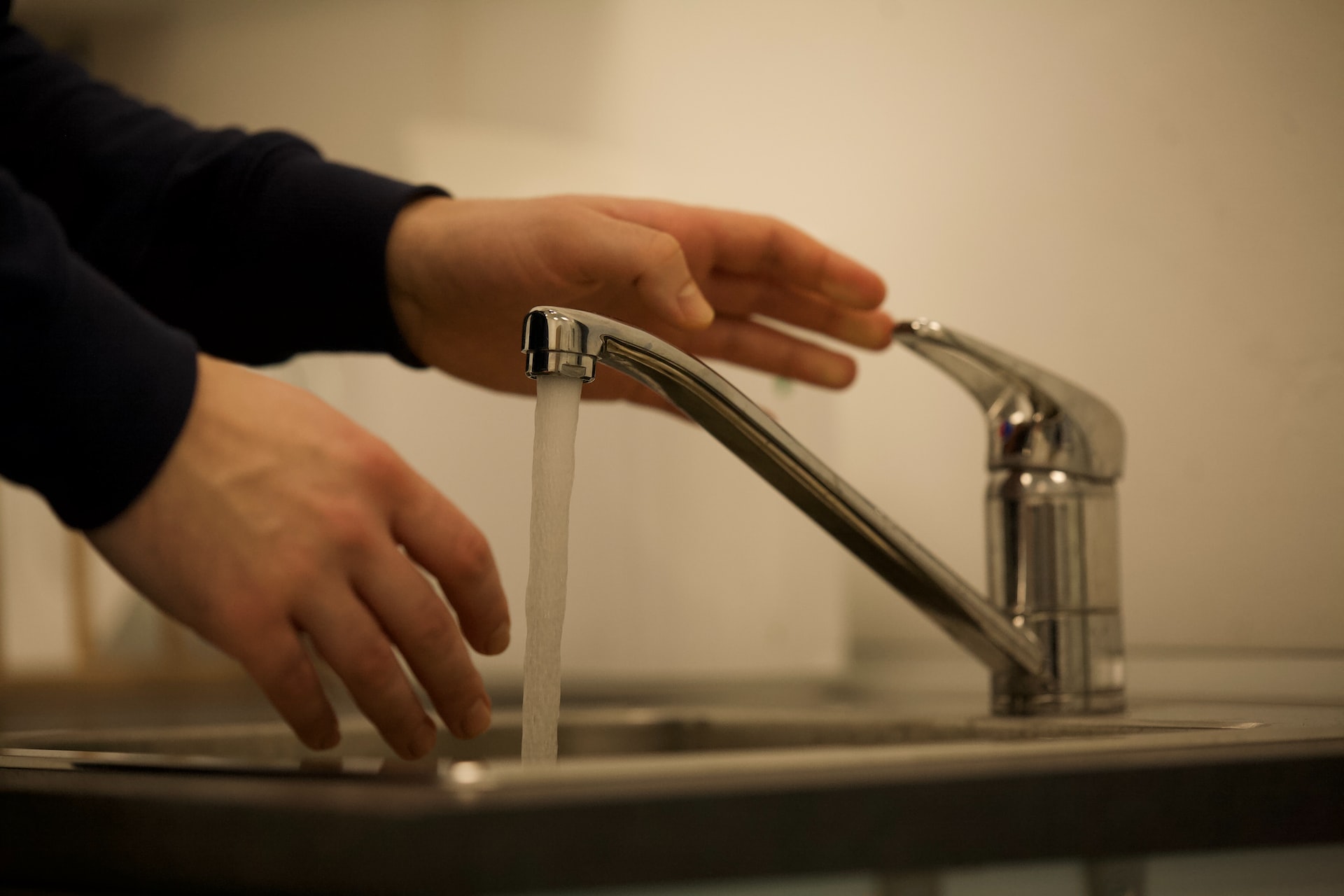 Boilers that run on gas.
Boilers that run on gas.
In order to heat water, these boilers make use of a supply of gas. This is either utilized immediately to provide heating for the entire building or warm water, or it is stored in a hot water tank for use at a later time. The gas boiler is by far the most common type of boiler, and it also comes in pretty much every mainstream variety there is.
If you are one of the vast majority of people who are connected to the gas grid, then they are ideal for you; however, if you are not one of these people, then you will find that they are nearly impossible to use.
Starting in 2023, gas boilers will no longer be permitted in homes that are being constructed from the ground up. Check out our comprehensive guide to the gas boiler ban in the UK to determine whether or not you are required to take action.
Oil boilers
According to data compiled by the UK government in 2015, approximately 10% of homes in the country did not have a connection to the national gas grid. That amounts to approximately 2.7 million homes that are forced to rely on alternative sources for their energy needs, such as oil.
Oil is simply one of many different sources of fuel, albeit one that is typically very damaging to the natural environment.
When you have an oil boiler, the fuel is used to heat a container of water, which can either come directly from your mains or be stored in a tank. The heated water is then distributed throughout your home to meet all of your heating and hygiene requirements.
When compared to other types of boilers, oil boilers are about as efficient as the average model, but oil is significantly less expensive than the majority of fuels. However, they are still more expensive than boilers that run on gas, so if you have the option, it is best to go with the gas option.
In addition, each one of these boilers can release up to seven times the amount of harmful nitrogen oxides into the atmosphere that a gas boiler does.
To use an oil boiler, you will need a storage tank large enough to hold all of the oil as well as regular deliveries to ensure that you do not run out of oil. This is the primary disadvantage of using an oil boiler. Tanks can typically hold enough oil for anywhere between six and nine months’ worth of use, so keep this in mind if you decide to go with that option.
If you underestimate the amount that you will require, your monthly energy bills will be unnecessarily high; however, if you do not order enough, you run the risk of being unable to heat your home and having no hot water available. The acquisition of oil on short notice is also not an easy task.
Boilers that burn wood as fuel
You can use firewood to heat both your home and your water if you don’t have a connection to the gas grid, if you simply want to make your home more environmentally friendly, or if you want to take action against climate change.
If you have a ready supply of trees that are just waiting to be cut down and used for fuel, then this method works the best for you.
However, there are still benefits to working with wood, even if you don’t live in the woods and cut down trees for a living. In addition to having the potential to be sustainable, it is also inexpensive and does not experience the same dramatic price fluctuations that fossil fuels can occasionally be subject to.
If it was effective for each and every one of your ancestors up until a couple of centuries ago, it is possible that it will be successful for you as well.
Boilers that burn biomass
Boilers that run on biomass are typically fueled by wood pellets or chips, but their operation is otherwise very similar to that of traditional boilers. They are sometimes able to automate the process, which will free you from the obligation of adding more wood to the fire each time you want to take a quick shower.
You will need a place to store the fuel, just like you would with a boiler that burns wood or oil, and although a biomass boiler is expensive, you can get paid for using one.
The Domestic Renewable Heat Incentive is a program that pays homeowners potentially thousands of pounds for using renewable energy. Biomass boilers are one of the few energy sources that allow you to qualify for this incentive, making them one of the rare energy sources.
On the other hand, Dr. Mathew Heal, who holds the chair of atmospheric chemistry at Edinburgh University, advised The Eco Experts that you shouldn’t choose a biomass boiler unless there is no other viable alternative.
Because the regulations aren’t particularly stringent, in my opinion, consumers ought to exercise extreme caution before going out to buy biomass boilers. You are adding to the air pollution in the surrounding area by making use of these boilers in a residential setting, as he explained.
“I believe that you shouldn’t be encouraged to do it if you don’t require it.”
When it comes to the pollution of the air, he added, “it doesn’t matter what fuel you’re using: every combustion has the potential to release NOx (nitrogen oxide) emissions.” Everything is determined by the burning process.
Because of the direction in which we are heading, the quality of the electricity that is generated is improving, and as a result, heating your home with electricity has the potential to be much cleaner than using a biomass boiler.
Electric boilers
If you are one of the millions of people who are not connected to the gas grid, installing an electric boiler is another option for you.
You won’t have to worry about securing supplies of wood, oil, or anything else because your new boiler will function similarly to a combi gas boiler, with the exception that it will use the electricity source that is already installed in your home to heat both your water and your home.
As a result of this, electric boilers have the potential to be friendlier to the environment than other types. If the electricity you use already comes from renewable sources, such as the sun or the wind, installing a boiler will not result in any additional carbon emissions.
Electricity can be a more pricey source of heat than gas, and electric boilers are, of course, susceptible to power outages. Gas boilers, on the other hand, are not affected by power outages. On the other hand, in comparison to their competitors, they may be more energy efficient, less expensive to install, and less noisy.
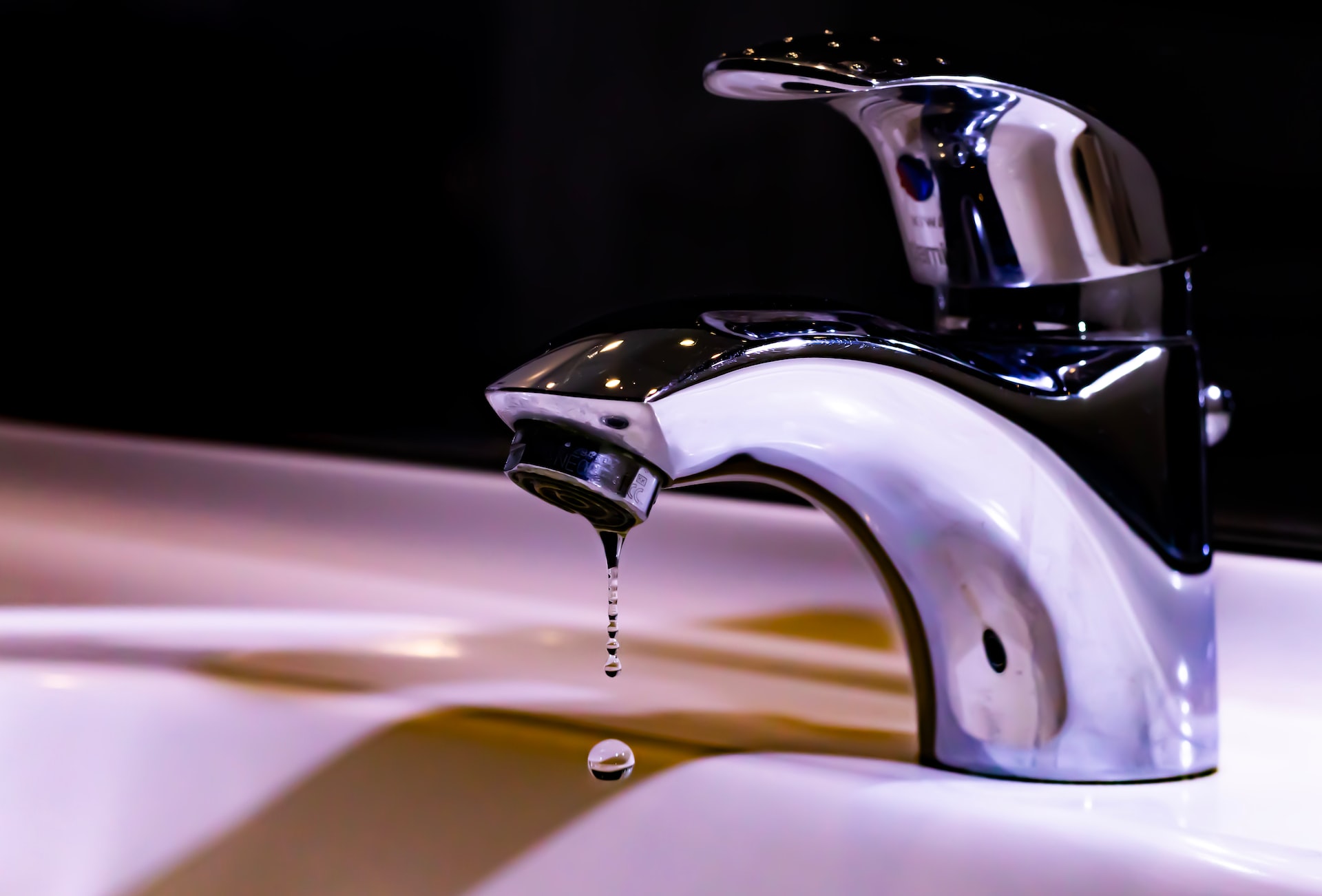 Free-standing boilers
Free-standing boilers
Free-standing boilers are larger machines that are not as gravity-friendly as their wall-mounted counterparts because they are not attached to the wall. These boilers are also known as floor-standing or floor-mounted boilers.
They are able to provide more hot water, but because of their construction, they are too heavy to be hidden away in a small cabinet halfway up the wall. Instead, they will typically require a cupboard, kitchen cabinet, or small room all to themselves in order to function properly.
Because of this, there is less flexibility regarding where they can go; however, if your home is big enough to require a free-standing boiler, it will typically have enough space for one.
Boilers that are freestanding typically have a higher maximum temperature, in addition to having a higher water capacity than boilers that are mounted on the wall.
Due to the increased consumption of electricity, this may result in higher monthly energy bills; however, if you need to provide warm water and heat to a number of bedrooms, bathrooms, and people, it may be financially worthwhile.
Wall-mounted boilers
The majority of newly manufactured boilers are of this type. This is partly due to the fact that it is simpler to find space for them, and partly due to the fact that there is a growing demand in the UK for smaller homes that do not require (and cannot fit) free-standing boilers.
Naturally, you will want the boiler that works the best for your unique requirements, and if you live in a studio apartment or a house with only one bedroom, this almost certainly means purchasing a wall-mounted boiler.
After all, you don’t require a free-standing behemoth that takes up space and money without providing a valid reason for doing so.

